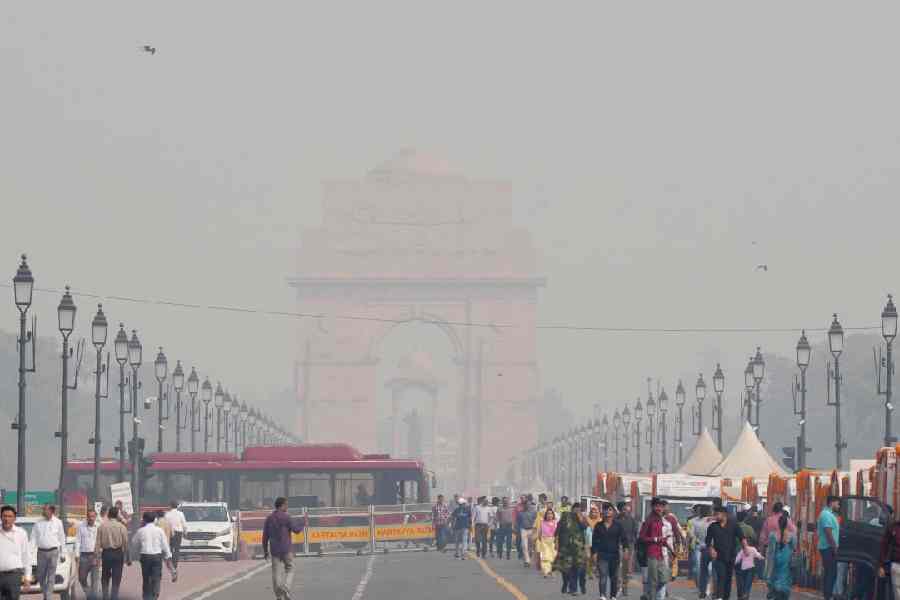First implemented in 2016 by the AAP dispensation in Delhi, this will be the fourth time the odd-even car rationing scheme will be enforced in the city in view of the rising pollution levels, even as studies and experts have mixed views on its efficacy.
Delhi Environment Minister Gopal Rai announced on Monday that the odd-even car rationing scheme will be enforced in the city from November 13 to 20 as a measure to combat air pollution.
The odd-even scheme permits cars to operate on alternate days based on their odd or even number plates. The scheme was first implemented in 2016 by the Arvind Kejriwal government in January and then in April the same year. Emergency and police vehicles, two-wheelers, women-driven cars were exempted under the scheme.
In 2019, when the scheme was implemented in November, two-wheelers and electric vehicles were exempted along with medical emergency vehicles and those carrying school children in uniform. Vehicles carrying VIPs, only women and those occupied by differently-disabled persons were also exempted.
Environmentalists, however, called the latest enforcement of the rule a knee-jerk reaction to the rising pollution levels, rather than a long-term one.
Speaking to PTI, Jyoti Pande Lavakare, author of 'Breathing Here is Injurious to Your Health: The Human Cost of Air Pollution', said the same "band-aid solutions" are implemented every year whenever the deteriorating air quality rings an alarm bell.
"We are dying in this toxic air. Pollution levels are high throughout the year but in Delhi, we have normalised and politicised bad air quality," Lavakare said.
"How will you implement the scheme when you don't have enough public transport buses. We need at least 15,000 to 20,000 electric buses but we have fewer. The solution to pollution lies in deploying more electric buses, having a defined frequency of buses and digital time tables showing arrival time of buses at stops just like Delhi Metro so that people can plan accordingly," she added.
Environmentalist Bhavreen Kandhari echoed similar views and said that instead of implementing such measures for a week, they should be implemented throughout the year.
"It will cause inconvenience but it is better than my children dying due to pollution. In foreign countries, there are charges imposed like high emission charge, high congestion charge for people to give up their cars. I was out and I counted 27 cars that passed me in one minute and had only one occupant and I must have missed some of them. Weak policies have allowed this to happen. We need more electric buses and better last-mile connectivity for people to leave their cars behind," she stressed.
Studies conducted on the efficacy of the scheme have also said that it did not have the desired impact on the pollution levels.
The Energy Policy Institute at the University of Chicago and Evidence for Policy Design had analysed the impact of the odd-even scheme implemented in 2016. It was found that Delhi witnessed 14-16 per cent reduction in PM2.5 levels during the hours the scheme remained in force in January that year. However, there was no reduction in pollution when the scheme was brought back in April that year.
A study by IIT-Delhi researchers had found that the rationing of vehicles on Delhi's roads reduced air pollution by only two to three per cent when the scheme was introduced for the first time in January 2016.
The Delhi Technological University in one of its studies in 2019 had found that the implementation of the scheme in January 2016 had reduced the level of particulate matter (PM) in the national capital's air by 4.7 per cent to 5.7 per cent.
Except for the headline, this story has not been edited by The Telegraph Online staff and has been published from a syndicated feed.











